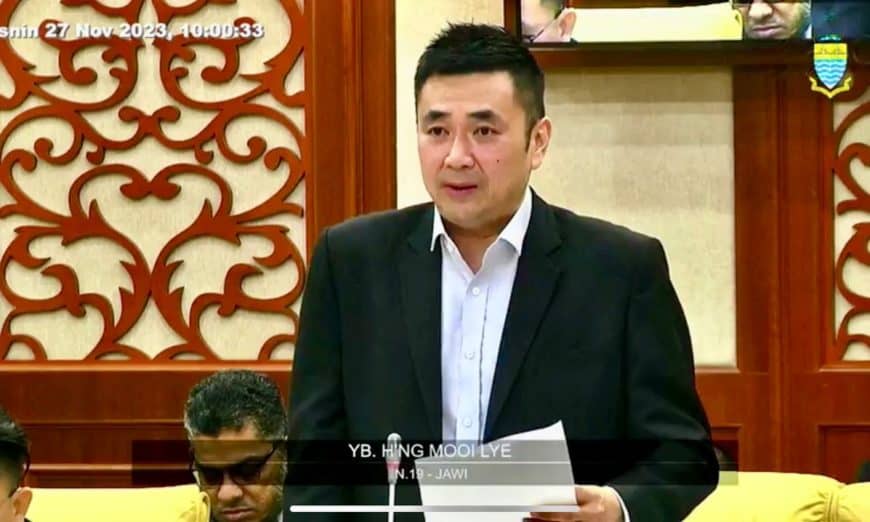THE proposal for constructing new hostels for foreign workers in the state is a collective decision by the Penang and Federal governments, state Local Government, Town and Country Planning Committee chairman Jason H’ng Mooi Lye said.
H’ng (PH – Jawi) said this following a question raised by Mohamad Shukor (PN – Pulau Betong) on the possibility of relocating the proposed foreign workers’ hostel site in Teluk Kumbar to a different location.
“We need to remember that relocating a proposed site for such a construction requires the intervention of several parties, such as identifying a suitable land that can accommodate this purpose and the interest of the developer appointed to helm this project,” H’ng said in a response to a supplementary question by Shukor during the State Legislative Assembly sitting at the State Assembly Building in Light Street today.
Shukor raised the issue based on a request from Persatuan Badan Pemikir Melayu Pulau Pinang (Pemikir) to discontinue the construction in Teluk Kumbar and relocate it to Batu Kawan.
To this, H’ng said such projects could potentially only be decided based on the needs of the industries.
“For example, if we want to relocate the site to Batu Kawan, we must remember that there is the bustling Bayan Lepas Free Industrial Zone (FIZ) on the island.
“It is quite impractical for these workers working in Bayan Lepas to travel every single day from Batu Kawan for work,” H’ng added.
Later, H’ng gave an update on the existing number of registered foreign workers under the Immigration Department with the temporary working visit pass (PLKS) in Penang.
“As of Oct 31, this year, there are 146,344 registered foreign workers in Penang, and for a breakdown, 68,859 have the Certificate of Accommodation (COA), 30,956 have not received their COA and 46,529 are yet to even submit their application,” he said.
Meanwhile, Muhamad Kasim (PN – Telok Bahang) raised concerns about the five bungalows in Taman Kuala Sungai Pinang in Balik Pulau that are currently occupied by foreign workers, asking H’ng if these workers each own a COA or PLKS to live there legally.
“As for this, action will be taken if these workers are found to be living there illegally without owning a COA or PLKS,” he said.
Story by Kevin Vimal
Pix by Siti Nuratikah Rahmat

